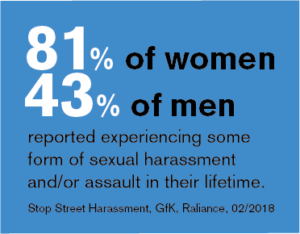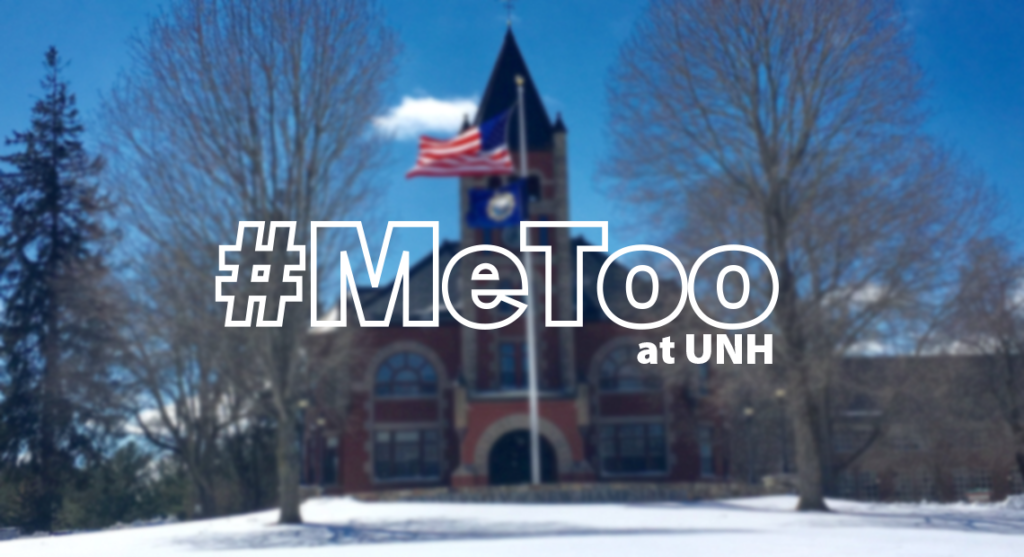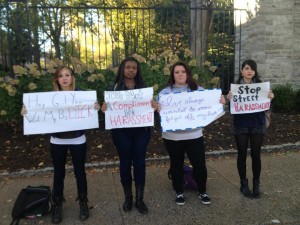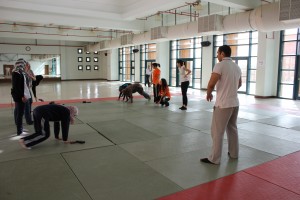Connie DiSanto, USA SSH Blog Correspondent
 Stop Street Harassment’s, recent national report found that 81% of women reported experiencing some form of sexual harassment and/or assault in their lifetime. While this statistic is unfortunately not surprising, the study also found that 43% of men reported experiencing some form of sexual harassment and/or assault in their lifetime. We know that numbers are overwhelming higher for women and girls who have experienced sexual harassment and assault, but the numbers for men and boys are in themselves, alarming too. And the #MeToo movement is continuing to reveal the enormity of this epidemic.
Stop Street Harassment’s, recent national report found that 81% of women reported experiencing some form of sexual harassment and/or assault in their lifetime. While this statistic is unfortunately not surprising, the study also found that 43% of men reported experiencing some form of sexual harassment and/or assault in their lifetime. We know that numbers are overwhelming higher for women and girls who have experienced sexual harassment and assault, but the numbers for men and boys are in themselves, alarming too. And the #MeToo movement is continuing to reveal the enormity of this epidemic.
It’s been said that colleges could have predicted the #MeToo movement. Working at a college based crisis center, my colleagues and I already know that sexual assault and harassment occur at high rates on campuses across the nation. The #MeToo movement has sparked new energy into the work that continues to be done on campuses every day to protect survivors of sexual violence.
 Working with one of our student peer advocates, we decided to give our community (students, faculty and staff) a chance to be in the #MeToo movement by offering them participation in a photo essay exhibit to be displayed during International Anti-Street Awareness Week. I asked a student assistant of ours if he wanted to participate in our #MeToo exhibit. He has been working with our program for over three years now, first as a trained peer advocate and then as our student direct services assistant. In the latter role, he is responsible for managing our fleet of trained students who work our 24/7 crisis hotline. We are fortunate to have both female and male students working with us to help end violence on our campus.
Working with one of our student peer advocates, we decided to give our community (students, faculty and staff) a chance to be in the #MeToo movement by offering them participation in a photo essay exhibit to be displayed during International Anti-Street Awareness Week. I asked a student assistant of ours if he wanted to participate in our #MeToo exhibit. He has been working with our program for over three years now, first as a trained peer advocate and then as our student direct services assistant. In the latter role, he is responsible for managing our fleet of trained students who work our 24/7 crisis hotline. We are fortunate to have both female and male students working with us to help end violence on our campus.
He told me that he wanted to help support the exhibit but he didn’t realize that I was asking if he wanted to participate in the exhibit. I could see from the look on his face that he was confused and wondering why I thought he could participate. I explained that the movement was for anyone who has been impacted by sexual assault or harassment. He understood but was still not seeing himself actually in it, rather as someone looking in from the outside. We talked a bit more and he was able to recall an incident that happened to him, however, he felt it probably ‘didn’t count’ and that it wasn’t a big deal. I asked him to play out the incident with the genders reversed. He immediately thought it would be wrong if a male student had said the same thing that was said to him, to a female student. I pointed out to him that it was wrong for a female student to say those things to him too. Sexual harassment is wrong, regardless of gender.
Rape culture, particularly on a college campus, emphasizes the myth that “guys can’t get raped” and boys learn at an early age that they are supposed to want to have sex with girls (and women in some cases), even when they don’t. Some boys and men don’t even realize when they have been sexually harassed or assaulted. Boys are taught the concept of masculinity which feed into ideas of what it means to be a man; that they should not show emotions, should not be sensitive and they should be dominant, especially over girls. And as boys grow into men, male gender norms can cement these toxic ideas of what a man should be.
Traditional gender norms are a social construct and are damaging to everyone, but we as a society can change them.
Connie is the Marketing Communications Specialist for the Sexual Harassment & Rape Prevention Program (SHARPP) at the University of New Hampshire.


